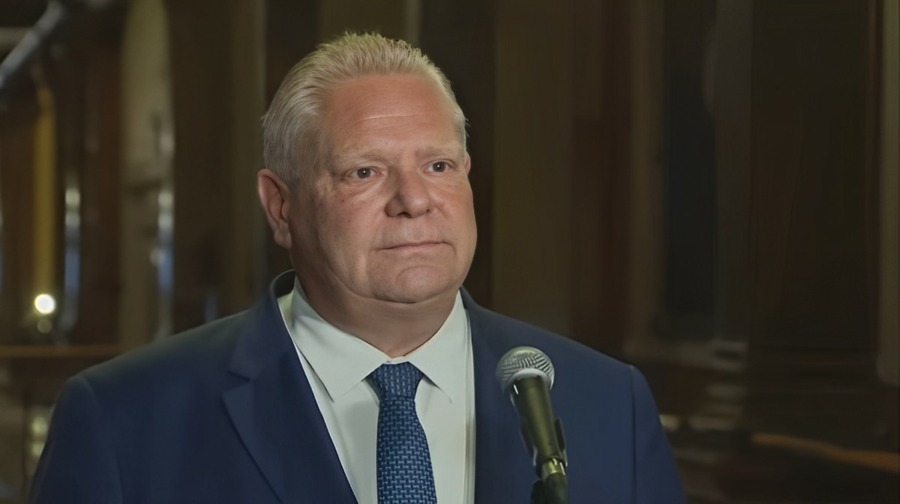Buyer’s Remorse: Ontario’s Greenbelt Scandal and the Ford Government’s Re-election
- TDS News
- Eastern Canada
- Trending
- September 2, 2023

In consumer behaviour, the term “buyer’s remorse” refers to regret and dissatisfaction arising after making a significant purchase or decision. This sentiment is not exclusive to material acquisitions; it can manifest in various aspects of our lives, including politics. In Ontario, a recent example of political buyer’s remorse is the re-election of the Ford government amid the Greenbelt scandal, leaving many Ontarians questioning their choice and pondering what the future holds.
The Greenbelt, a precious swath of protected land surrounding the Greater Toronto Area, is emblematic of Ontario’s commitment to environmental conservation and urban planning. It safeguards against unchecked urban sprawl and the depletion of vital natural resources. However, this pristine space is central to a contentious issue that has recently shaken the province.
The contentious issue around the Ontario government’s controversial land swap favouring the construction of additional housing by granting contracts to two major builders while seemingly shutting out others. The repercussions of this decision have been significant, to the point where law enforcement agencies are now contemplating an investigation to ascertain if any wrongdoing has occurred. These revelations were followed by an auditor’s report that shed further light on the situation, raising concerns among Ontarians who cherish the Greenbelt and its role in preserving the province’s natural heritage.
The Ford government’s handling of the Greenbelt did little to alleviate the growing anger among Ontarians. Instead, it fueled the flames of discontent. The perceived lack of transparency and accountability in addressing the issue only increased the electorate’s frustration. Many felt that their trust had been betrayed and their concerns dismissed.
Nevertheless, there appears to be limited recourse for Ontarians at this juncture. The majority of voters chose to extend the conservative government’s mandate for another four years, and it is unlikely that an election will be called before the scheduled date of 2026, given the government’s strong majority. In this period, much can transpire in the province.
Over the next three years, Ontario may witness a myriad of developments. New houses may be constructed, favourable policies might be enacted, infrastructure like roads may improve, and the political landscape may experience further turbulence. It’s a common observation that governments, regardless of affiliation, tend to encounter at least one or two significant scandals during their tenure. As such, the next three years in Ontario could be marked by relative stability or tumultuous change.
Ontario’s political landscape is no stranger to cyclic shifts. The Ford administration, currently in its fifth year, may signal the possibility of change in the future. The province has a history of governments serving two or occasionally three terms before fatigue sets in among voters, leading to shifts in power. The political pendulum may eventually swing back towards another liberal government or take an entirely different course. The only certainty is that political dynamics are ever-evolving, and change is a constant. Only time will tell whether the province will continue on its current trajectory or embark on a new course in the years to come.








